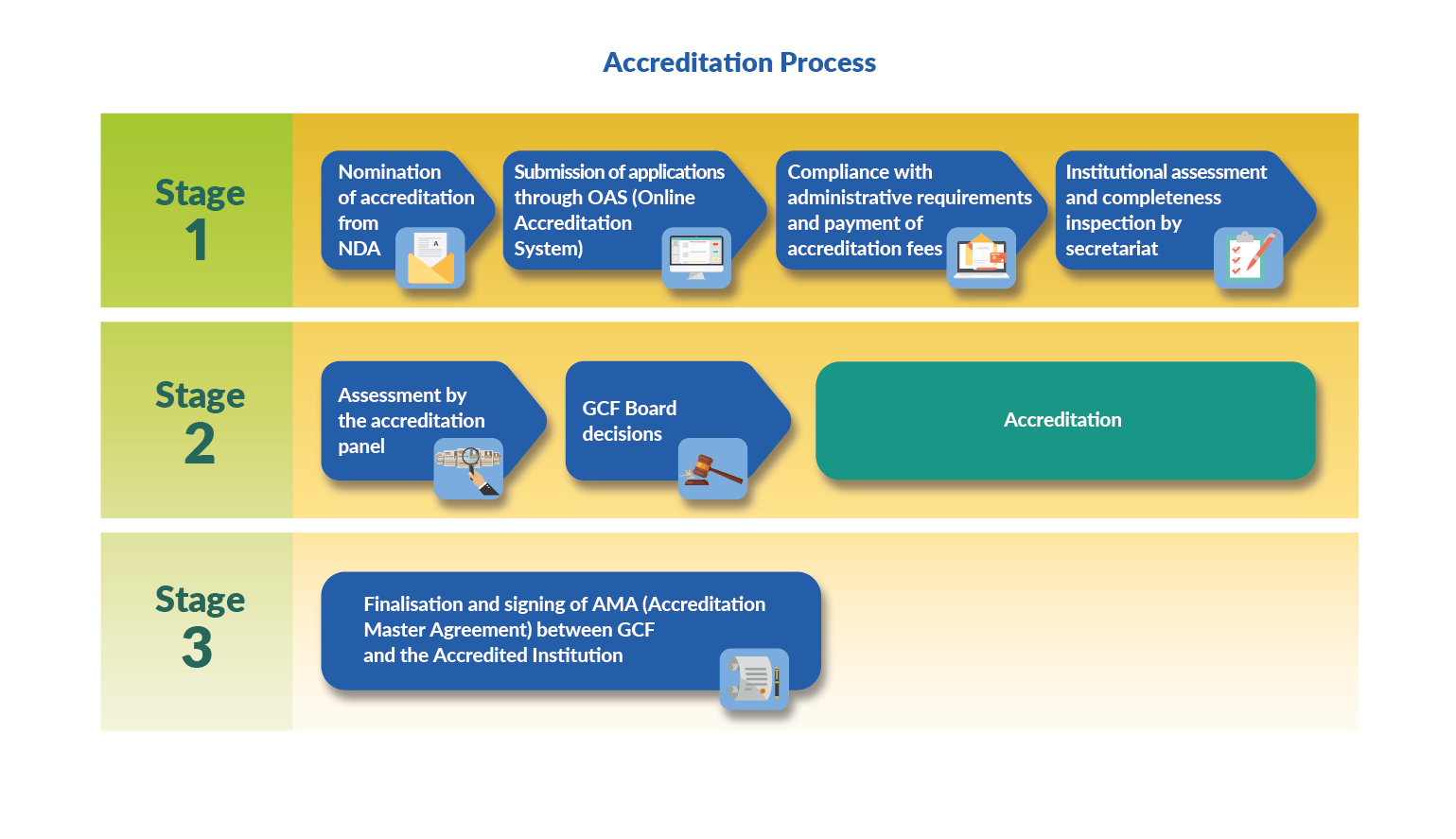Jordan has significant economic growth potential but is also facing equally major environmental challenges and climate change exposure. A rapidly expanding population and industrial pollution have taken a toll on Jordan’s environment. Considerable refugee influx into the country has put additional stress on natural resources.
Recognizing these challenges constrain development, the Government of Jordan is taking action to address these and other threats to its environment. A comprehensive plan for Green Growth in Jordan was developed, based on national objectives of economic, social, and environmental performance. The National Green Growth Plan (NGGP) was developed through a wide consultative effort involving extensive engagement of ministries, development partners, environmental agencies, and the private sector. Green Growth is now an established framework for sustainable development in Jordan. One of the five interlinked outcomes of the NGGP, greenhouse gas emission reductions and avoidance, highlights the importance of sustainable, green growth to contribute to global and national efforts to mitigate climate change.
A key component of Jordan’s green growth strategy is the availability of finance for projects. As the economics of many green growth interventions have changed and become less expensive, there are now significant opportunities for Jordan to attract more private financing to help bridge the gap between the Kingdom’s green growth objectives, and the availability of existing finance. One of these opportunities is to pursue direct access to international climate funds, especially the Green Climate Fund (GCF), with the support of Accredited Entities or Direct Access Entities (DAEs), which will oversee the implementation and management of the proposed project or program.
Correspond to subnational, national or regional entities (private and public) such as national ministries or government agencies, national development banks, national climate funds, commercial banks, financial institutions, etc. (i.e. Cities and Villages Development Bank). DAEs are nominated by their National Designated Authority, which in the case of Jordan is the Ministry of Environment.
Correspond to bilateral (i.e. GIZ), multilateral (i.e. World Bank, EBRD) and regional (i.e. Asian Development Bank) banks or agencies). They can be both public and private and do not need to be nominated by the National Designated Authority.
Accredited entities are organizations that possess the type of specialist knowledge and experience that can be best utilized to mobilize climate finance on the ground. As such, the interested entity should be able to demonstrate specialized capacities in driving climate change action and run climate funds in Jordan. Interested entities may be a private, public, non-governmental, sub-national, or national, body and demonstrate an ability to meet GCF requirements and standards. These standards include fiduciary standards, environmental and social safeguards, and gender competency.
To contribute to Jordan’s climate and green growth agenda within the GCF mechanism, an entity may apply to become an Accredited Entity (AE) by submitting an application to the GCF accompanied by a nomination letter from the NDA. The entity can also request for support from the NDA GCF during the accreditation process through Readiness and Preparatory Support Programme (RPSP). Jordan currently has two Direct Access Entities undergoing the accreditation process: one public sector and one private sector entity.
